
The Tribune spent nine months investigating the issue by talking to residents, conducting surveys, speaking to experts and evaluating government resources.

The Tribune spent nine months investigating the issue by talking to residents, conducting surveys, speaking to experts and evaluating government resources.

The offer of $500 in bonus funds is intended to help with COVID-19-related expenses.

Most San Luis Obispo County tenants struggle to afford their housing — and many likely live in units that are unhealthy because local governments don’t hold landlords accountable for renting old, crumbling homes and apartments.
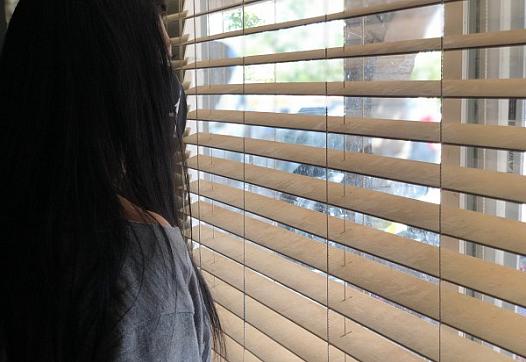
"If I’m going to die, I’m going to die at home. I don’t want to go to the hospital. I’m going to stay here, for I don’t want to leave behind any more problems than we already have.”
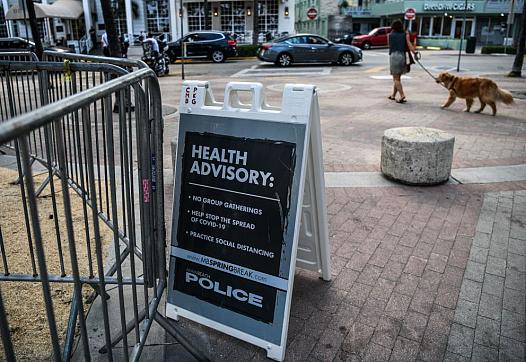
Before the vaccines start to arrive in various jurisdictions, explain to your audience the character of your county and state health officials.
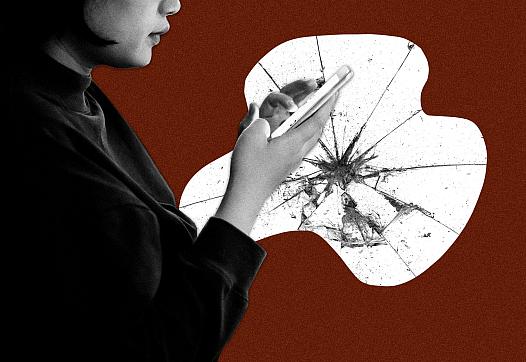
The rise comes even as factors such as culture, racism, poverty and immigration status often make it harder for Asian American women to seek help.
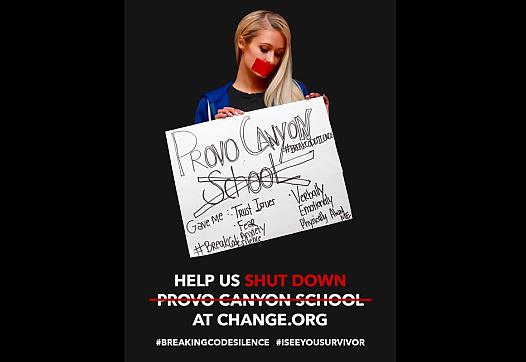
Celebrity Paris Hilton says she is now on a mission to reform the troubled teen industry. Her first target: Provo Canyon School, the Utah facility she attended in the 1990s where she says she was physically and emotionally abused.
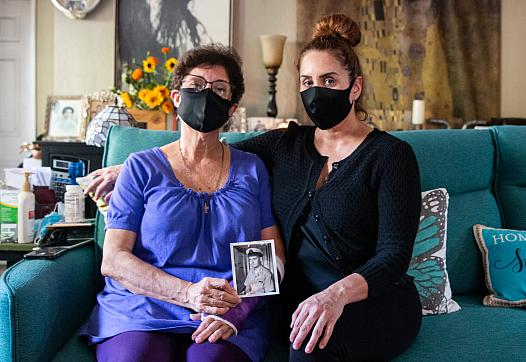
Thin medical staffing faces greater scrutiny – even from within the assisted living industry – as COVID-19 cuts a deadly swath through elder care facilities.

The number of suicides among young Coloradans remains unchanged during the coronavirus pandemic compared to previous years, but school and health officials expect to soon see a “tsunami of need” for mental health care.
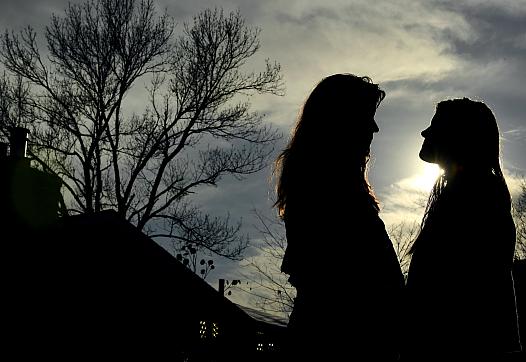
The Denver Post finds that a lack of data collection and a state law restricting the release of information mean there’s little public accountability about what happens after authorities respond to crisis line tips.